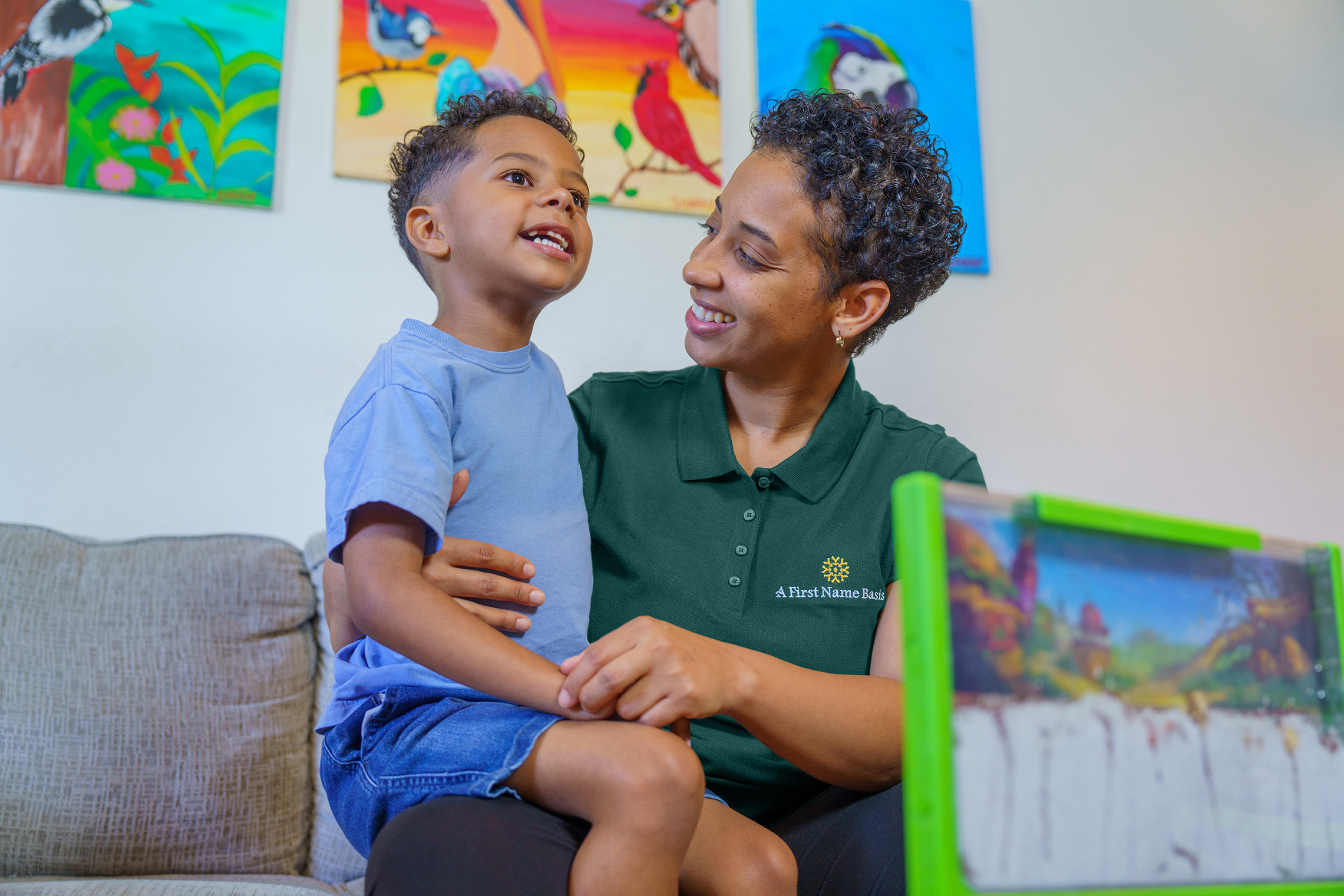By David Ramos, RN
In today’s fast-paced world, the mental health of children is becoming an increasingly important concern. With the growing awareness of mental health issues, parents and caregivers are looking for effective ways to support the emotional and psychological well-being of their children. One of the most effective and nurturing environments for providing this support is through in-home care. Here’s how in-home care can play a crucial role in supporting the mental health of children.
Creating a Safe and Nurturing Environment
The home is often seen as a sanctuary where children feel safe and secure. In-home care leverages this natural comfort, providing a familiar environment where children can express themselves freely. When children are cared for in their own homes, they are surrounded by their own toys, books, and personal belongings, which can significantly reduce anxiety and promote a sense of stability and continuity.
Personalized Attention and Care
One of the standout benefits of in-home care is the ability to offer personalized attention. Unlike in larger daycare settings, in-home caregivers can focus on the individual needs of each child. This one-on-one interaction allows caregivers to develop a deep understanding of the child’s personality, preferences, and emotional triggers. By tailoring activities and routines to fit the child’s unique needs, caregivers can create a supportive environment that fosters emotional growth and resilience.
Building Strong Relationships
Strong, trusting relationships are the foundation of good mental health. In-home caregivers often form close bonds with the children they look after, providing consistent and reliable emotional support. These relationships are built on trust and familiarity, which are crucial for a child’s sense of security. A strong caregiver-child relationship can help children develop healthy attachment styles, which are essential for their emotional and social development.
Encouraging Open Communication
Effective communication is key to understanding and addressing the mental health needs of children. In-home care providers are in a unique position to observe and engage with children in a natural setting, making it easier to identify any changes in behavior or mood. Caregivers can encourage open communication by creating an environment where children feel comfortable expressing their thoughts and feelings. This open dialogue helps children learn to articulate their emotions, which is an important skill for managing stress and anxiety.
Integrating Mental Health Activities
In-home care allows for the seamless integration of mental health activities into the daily routine. Caregivers can incorporate activities such as mindfulness exercises, creative arts, and physical play, which are known to promote mental well-being. These activities not only provide a healthy outlet for emotions but also teach children coping mechanisms that they can use throughout their lives.
Supporting Families
In-home care also supports the mental health of the entire family. By providing reliable and compassionate care, caregivers give parents the peace of mind and time they need to recharge. This support is invaluable, as parental stress and mental health significantly impact a child’s well-being. A balanced and healthy home environment benefits everyone, fostering a positive atmosphere where children can thrive.
In-home care is an effective and compassionate approach to supporting the mental health of children. By providing personalized attention, building strong relationships, encouraging open communication, integrating mental health activities, and supporting families, in-home caregivers play a crucial role in nurturing the emotional and psychological well-being of children. Investing in in-home care is not just about meeting the immediate needs of children but also about laying a strong foundation for their future mental health and overall well-being.
A First Name Basis
If you are looking for compassionate and attentive in-home care for your child, turn to A First Name Basis. Our highly trained caregivers provide reliable in-home care for intellectually or developmentally challenged children in many locations across Louisiana, Mississippi, and Arkansas.
Sources:
- Children’s Health. https://www.childrens.com/health-wellness/how-to-nuture-your-childs-mental-health
- CDC: Children’s Mental Health. https://www.cdc.gov/childrensmentalhealth/index.html
